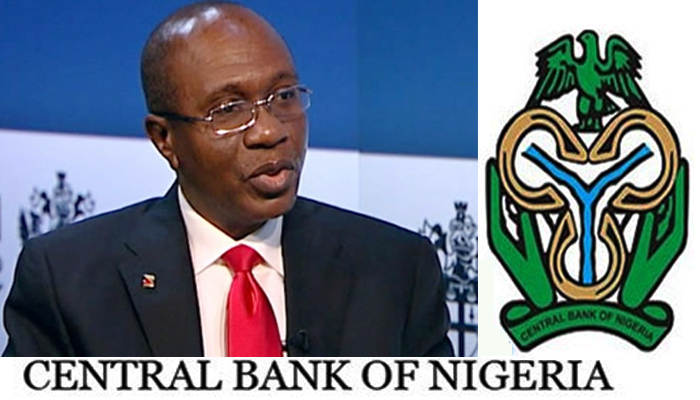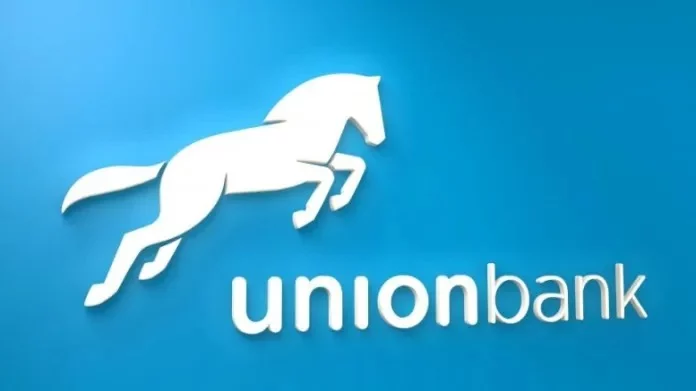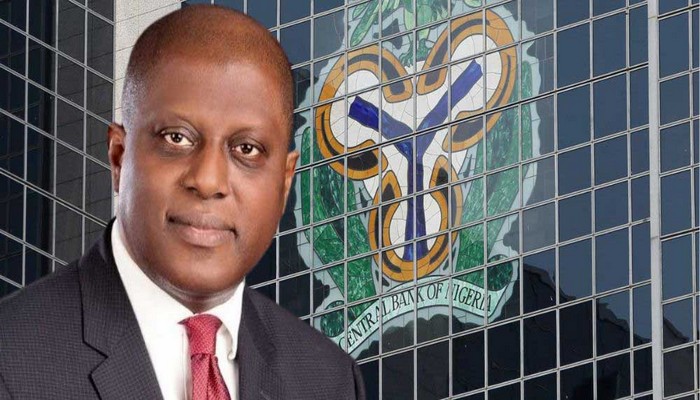
• 3.4% higher than H1 2016
As a result of rising bad loans by customers owing to the biting economic recession, 13 commercial banks in Nigeria have provided N230.6 billion for bad loans in half year (H1) ended June 30, 2017.
The amount, though higher than N76.5 or 3.4 per cent from N222.9 billion provided by these 13 banks for bad loans in H1 2016, confirms macro economy challenges and banks prudential provision for 9mobile, the mobile operator formerly known as Etisalat Nigeria.
Analysis by Business247News Online revealed that Zenith Bank lead other 12 banks in loan loss provision, followed by Stanbic IBTC Holdings Plc.
According to information gathered by our correspondent, both lenders made huge provision for their 9mobile loans that went bad that reflected in their half year results.
Specifically, Zenith Bank loan loss provision increased by 198 per cent to N42.9 billion in H1 2017 from N14.23 billion in H1 2016.
The Managing Director/CEO of Zenith Bank Plc, Mr. Peter Amangbo, had revealed that his bank made a provision on 30 per cent on its loan to the network operator.
Stanbic IBTC Holding loan loss provision increased by 65.1 per cent from N8.45 billion in H1 2016 to N13.95 billion in H1 2017 while Ecobank Nigeria loan loss provision rose by 62.4 per cent to N42 billion ($138 million) from N25.99 ($85 million) billion in H1 2016.
Wema Bank loans loss provision in H1 2017 increased significantly by 43.7 per cent to N88 million from N61 million in H1 2016.
In a statement, the Chief Executive Officer, Wema Bank, Mr. Segun Oloketuyi, said, “In the first half of the year, the bank operated, in an uncertain and challenging domestic economic environment.
“While we recorded notable improvements in the second quarter of the year, especially around foreign currency management, the execution of fiscal policies and the continued tight monetary policy impacted on consumers’ disposable income and invariably on banking sector performance.”
He said the bank commenced the second half of the year with cautious optimism, especially around the implementation of the needed economic reforms and execution of the 2017 budget to ensure stimulation of economic growth.
“The expectation is that the country will exit recession in the 2018 financial year, but this will be dependent on a diligent execution of the reform programme,” he said.
UBA’s loan loss provision also increased significantly by 38.4 per cent to N9.4 billion from N6.8 billion in H1 2016.
The lender recently said it has made a prudential provision on loans made to Etisalat Nigeria now The lender did not give details of the provision but said it had a N38billion ($125million) exposure to 9mobile.
Sterling Bank provision rises by 11.4 per cent to N4 billion as against N3.6 billion recorded in H1 2016 while Diamond Bank provision for bad loans closed the H1 2017 at N20 billion, an increase of seven per cent over N18.9 billion in H1 2016
Access Bank loan loss provision added 1.5 per cent to N10.36 billion from N10.2 billion in H1 2016 and Fidelity Bank loan loss provision inched up by 0.3 per cent from N 4.79 billion in H1 2016 to N4.8 billion in H1 2017.
It will be recalled that Group Managing Director of Access Bank, Herbert Wigwe had said banks were reluctant to take provisions on loans to the power sector and the provisions the bank (as well as other members of the consortium) had made its loan to 9mobile.
He hinted that the consortium of banks has taken impairment on the loan lent to the company. They also made provisions for loans to companies that do business with the firm.
The Access Bank boss said the affected banks had to take a collective impairment charge as far as 9Mobile was concerned in their 2017 half year results.
Wigwe, who put Access Bank’s exposure to 9Mobile at about N11 billion, said the bank made a provision of about 30 per cent on its loan to the network operator.
Diamond Bank loan loss provision rose by 6.9 per cent to N20.3 billion from N18.99 billion in H1 2016.
Both, FCMB and Union Bank of Nigeria provision for bad loans dropped by 26.1 per cent and 38.8 per cent to N9.97 billion and N5.4 billion in H1 2017 respectively.
First Bank of Nigeria Holdings loan loss dropped by 13.6 per cent to N60.4 billion from N69.9 billion in the corresponding period.
The Managing Director, Highcap Securities Limited, Mr. David Adonri, explained that the country’s present recession has impacted on loans provided by banks.
According to him, “Nigeria economy is in recession. Any economy that experiences negative GDP is in recession. If we are in recession, it means that Nigeria is having economy crisis and it is expected to impact negatively on banks loans.
“As a result of recession this year, bad loans in the banking sector have increased because companies that borrowed those loans have failed to pay back. Banks are doing the right thing by making provision for these bad loans.
“Since those loans are not performing and it is doubted if those loans can be recovered, banks are forced to charge the losses from their profit. If those loans are recovered in future, they will be written back as profit.
“The rate at which loans have become delinquent is much higher now because of effect of recession on earnings of enterprises that have borrowed from banks.”
He noted that as economy moves out of recession, some of those delinquent loans would start performing and it is expected by banks to rewrite them into their profit.
More so, GTBank loan loss provision dropped significantly by 81 per cent to N7.2 billion from N37.5 billion in H1 2016.
The Central Bank of Nigeria (CBN), after the global macro economy, had set out a prudential guidelines provide guidance on recognition and measurement of loans, establishment of loan loss allowances, credit risk disclosure and related matters.
The guideline sets out CBN’s views on sound loan provisioning and disclosure practices for deposit money banks in Nigeria.






